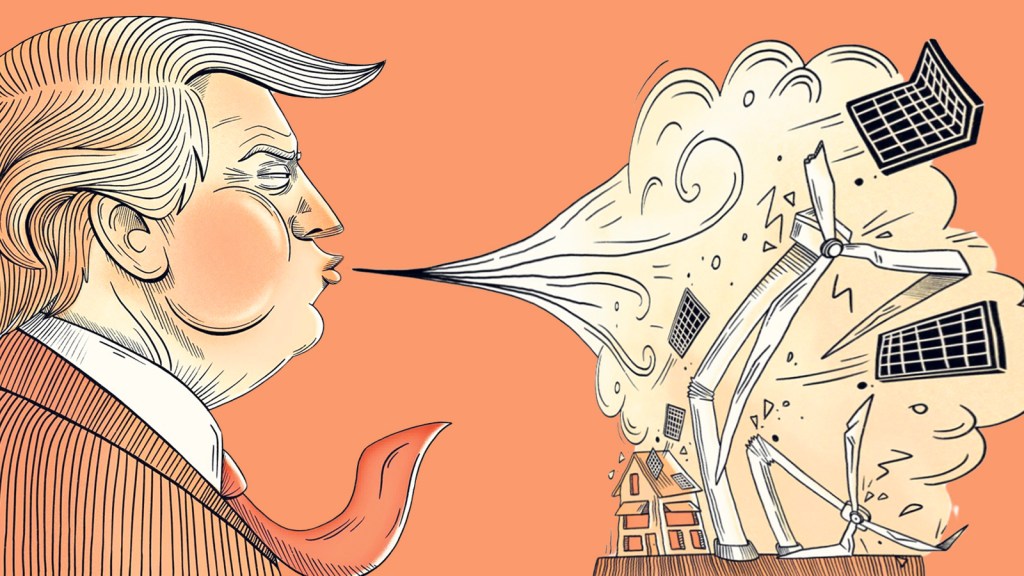Am I Entitled to Airline Compensation After Being Stranded?
Q. I found myself impacted by one of the recent power outages that resulted in widespread flight cancellations across Europe. I submitted a claim for the expenses I incurred, which included a hotel stay, but my request for compensation was declined by the airline. They stated that the delays and the power outage were beyond their control, and thus, they do not owe me any compensation under applicable regulations. While I understand this perspective, I still believe I deserve some form of compensation due to how I was treated during the incident.
On the day of my flight, I received no communication from the airline until the cancellation announcement. There was no provision of food vouchers or even water, and I had to find my own lodging. Shouldn’t they have a duty of care towards me? Name supplied

Martyn James Responds
Obtaining a clear response from airlines can be challenging, especially in emergencies. For this reason, I suggest trying to contact the airline before you book your flight. If it takes longer than five minutes to reach a customer service representative, consider looking for other options.
In this specific situation, the airline is mainly correct. They are not obligated to provide compensation for events that are clearly out of their control. While airlines are businesses and not charities, many were affected by the power surge in Spain and Portugal, and no airline is liable for such outages.
This serves as a crucial reminder about various unforeseen circumstances that can occur while traveling and the importance of being prepared for them. One effective strategy is to ensure you have sufficient cash reserves and exchange at least 20% of your holiday budget into the local currency prior to your departure. This precaution allows you to purchase necessary items if digital payment systems become unavailable.
A comprehensive travel insurance policy can cover some unexpected expenses, although it won’t address every situation. Even the most meticulously planned trips can go awry.
According to the law, you are entitled to compensation for delays or cancellations only if three specific conditions are met:
• Your flight must be delayed by over three hours from your original scheduled arrival. The timing stops when the aircraft door opens at your destination.
• The flight must either depart from the UK or a European Union country or be operated by an airline based in these regions. Connecting flights are also eligible as long as they are booked as part of the same journey, even if the latter part is with a non-EU airline.
• The issue causing the disruption must be “within the control of the airline.” Events such as adverse weather conditions or air traffic control strikes, and power failures are excluded; however, issues related to aircraft or staffing are included.
Even if a situation arises due to external factors, you may be able to claim reimbursement for certain expenses incurred. The airline still has the duty to ensure you reach your destination safely, which could involve rebooking you on one of their flights or, if necessary, on a competitor’s flight.
If you find yourself in a similar situation again, search online for available flights from both your airline and competing carriers. The Civil Aviation Authority (CAA) has stated that if an alternate flight is available on your travel day, the airline must book you on it—even if it involves another airline. However, in cases of severe disruptions, like the recent power outage, this timeline for resolutions may be extended significantly.
You are also entitled to reimbursement for expenses if you are required to wait for a flight.
• Food and drink: You typically qualify for compensation, often in the form of vouchers, within two to three hours after the delay starts, depending on your destination. However, keep in mind that this will only cover basic items like a sandwich and a drink; excessive spending will not be reimbursed. If no vouchers are issued, make sure to keep receipts for any purchases.
• Phone call: This covers the cost of contacting others regarding the delay or cancellation.
• Accommodation: This is often the largest expense for stranded travelers. You are entitled to accommodation if your delay extends overnight. If the airline is unavailable to assist you, seek budget-friendly options rather than luxury accommodations.
• Transport: This applies to costs incurred for transportation to and from the airport or your accommodation, relevant only if you are stranded abroad. It does not cover transport costs within the UK.
In your situation, if you were stranded overseas and unable to reach the airline, you are entitled to claim “reasonable” expenses for accommodation, transport, and food. However, if stuck in the UK prior to departure, it is likely the airline will contend that you could have returned home instead. If returning home wasn’t feasible, you would need to provide a clear explanation for that.
Additionally, airlines are hesitant to cover high taxi fares, so they generally expect travelers to use alternative, less expensive transportation when available. Furthermore, it is uncommon for airlines to compensate for homeward journeys within the UK if the delay or cancellation was not due to their error.
Since the airline denied your compensation claim, inquire about which Alternative Dispute Resolution (ADR) service they utilize. This operates similarly to an ombudsman, allowing for the review of your complaint under these circumstances. Some ADR services have been reported to perform poorly; thus, any airline or ADR scheme failing to adhere to protocol should be reported to the CAA.




Post Comment